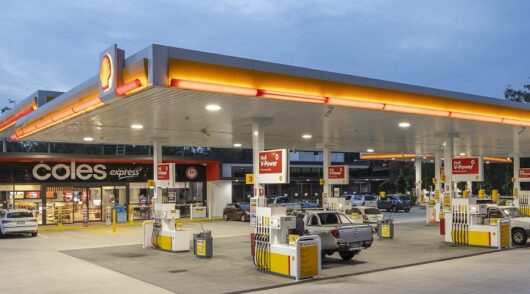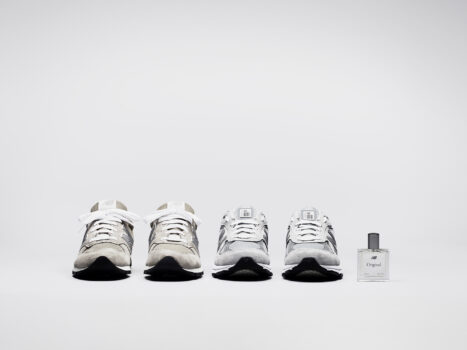 The ACCC will publish its first quarterly report on petrol price movements next month.
The ACCC will publish its first quarterly report on petrol price movements next month.
The consumer watchdog will produce at least eight reports in 2015 of two types including quarterly macro reports looking at petrol price movements and what drives them overall, and at least four market studies looking at micro issues such as analysing the price drivers of petrol in three regional markets.
The quarterly reports will cover fuel price movements in all capital cities and around 180 regional locations and will examine issues including the drivers of petrol prices, petrol price cycles, and gross indicative retail differences in the five largest cities.
“The first quarterly report will be released in February. These quarterly reports could, for example, focus on the lags between international refined petrol price movements and changes in retail petrol prices in both the larger capital cities and in regional locations,” ACCC chairman, Rod Sims, said.
The ACCC will also produce at least four market studies a year, which will include analysing the drivers of petrol prices in particular regional markets.
“We will look at three regional locations closely this year to understand their level of petrol prices in more detail,” Sims said.
“The studies will look at the cost of fuel in the nearest port, transport, and storage costs, as well as wholesale, distribution, and retail costs to fully explain prices and where money is being made in the petrol price value chain.”
To identify those regional locations to be included in the market studies this year, the ACCC said it was currently analysing the extensive data it has on retail, wholesale and benchmark prices for around 180 regional locations in Australia.
“We are looking at factors such as price differentials between regional markets and larger cities, differentials between towns of similar size and the variability of prices in regional markets over the past three years to assist us in determining the first target markets,” Sims said.
“We expect to identify the three regional locations to be studied in the coming months, with the first to be announced in March. The reports will be delivered progressively throughout the year.”
The ACCC said there could be a number of possible outcomes from these studies such as anti-competitive activity that breaches the Act.
“Alternatively, we may find behaviour that the community considers inappropriate that is not a breach of the Act. Even if no breaches are found, the ACCC believes such studies can play an important role as they can shine a light on specific markets where prices are relatively high. Such exposure can influence behaviour as consumers can see where the money is being made and seek appropriate change,” Sims said.
“Fuel producers can either respond or face a consumer backlash or even a government response if the market is not behaving as a competitive market should. It may be, for example, that barriers to new entry are too high, or that there is a lack of independent market participants.”
It is understood many regional communities want to be the first target of these market studies, however, the ACCC said only three would be conducted this year.
“After the three market studies into particular regional regions we will be able to draw lessons of wider relevance to other regional markets. We may find consumers and local authorities in all regional areas will have a better ability to understand what drives their fuel prices,” Sims said.
A part from the regional market analysis, the market studies will examine issues such as premium unleaded petrol margins, changes in the nature of the retail price cycles in the larger cities, and significant changes in the Australian fuel industry.
The ACCC’s new petrol direction follows on from its recent action in relation to fuel shopper dockets and petrol price information sharing, which the ACCC alleges can have the effect of raising the general level of petrol prices.
“This action is important as each extra cent per litre on petrol costs Australian consumers close to $200m per year,” Sims said.





